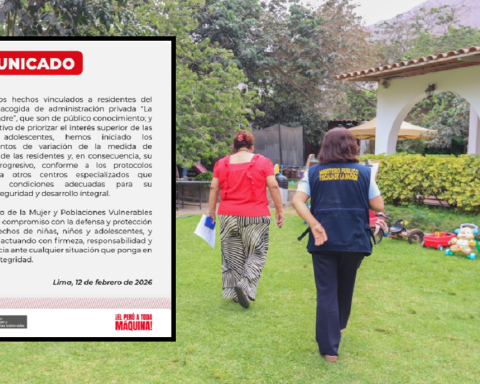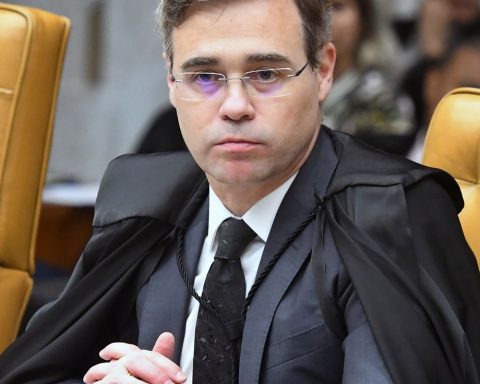AREQUIPA, Peru – The first projections of the presidential votes held this Sunday in Uruguay give the winner to the leftist leader of the Frente Amplio, Yamandú Orsi, who won at the polls against Álvaro Delgado, of the center-right National Party.
The first polls in the elections Disseminated by local consulting companies, they give victory to Orsi by a margin of more than 3%, which would make him the next president of the South American country.
During his electoral campaign, the Frente Amplio candidate had the support of former president José “Pepe” Mujica and if the initial projection is confirmed, his mandate would mean the return of the left to Uruguayan power, where he governed for 15 years between 2005-2020.
According to data cited by the newspaper The Gazettethe consulting firm Cifra projected that the Orsi-Cosse formula reached 49.5% of the votes compared to 45.9% for Delgado-Ripoll. Equipos estimated 49% for the Frente Amplio and 46.6% for the National Party, while Opción placed Orsi with 48.7% compared to 46.7% for Delgado.
For its part, La Usina de Percepción Ciudadana reported 50.1% for the Frente Amplio and 45.7% for the ruling coalition.
This November 24, 89.4% of the voters attended the second round of elections, a figure similar to that of the first round on October 27.
Pending the official results, which will be issued in the next few hours, the current Uruguayan president, Luis Alberto Lacalle Pou, congratulated Orsi for his victory.
“I called Yamandú Orsi to congratulate him as president-elect of our country and to put myself at his command and begin the transition as soon as he understands it is pertinent,” the president wrote in X.
Orsi’s proposals for his mandate, according to the leftist leader’s speech, will focus on “economic stability and growth,” “social care and protection,” and “improving security.”
In contrast, the current Lacalle Pou Government, which represents the center-right, has focused on a pro-market economic policy.
In any case, the next president of Uruguay will take command in the face of a divided Parliament. While the left obtained 16 of the 30 seats in the Senate, the right-wing coalition retains 49 of the 99 seats in the Chamber of Deputies, a provision that will mark the political climate in the near future.
















